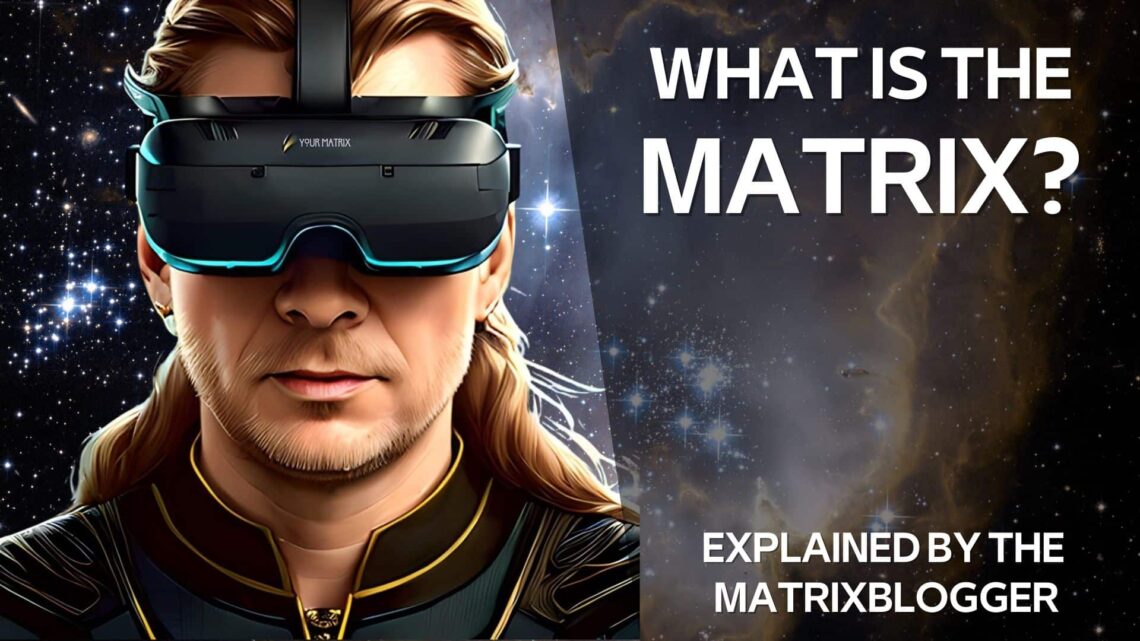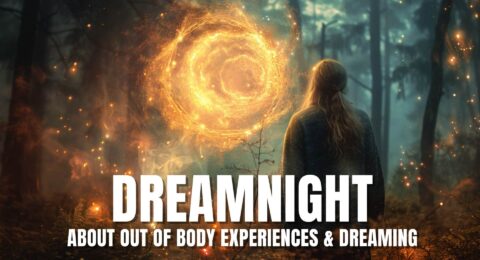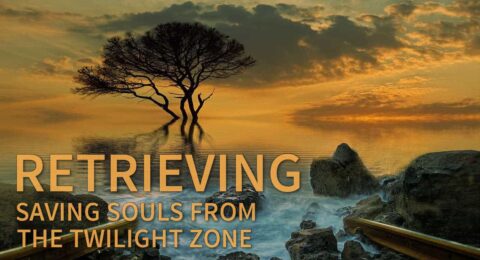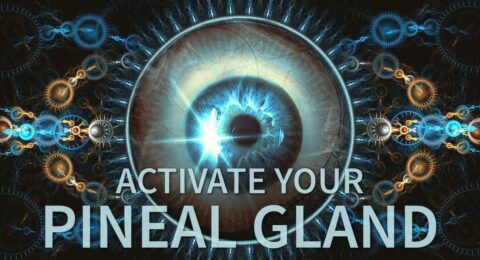
For Beginners: What is the Matrix? What is Simulation Theory?
For Beginners: What is the Matrix? Does the Matrix exist? What is Simulation Theory? Is our everyday life just a game and a highly technical computer simulation?
The “idea” of the Matrix, a simulated reality, has caused great turmoil in spirituality. In the science fiction film series “The Matrix,” humanity is trapped in a simulated reality while machines harvest their energy. However, spiritual philosophy, personal experiences, clairvoyant moments and dreams about the existence of the Matrix go far beyond this science fiction notion and offer profound perspectives on the nature of reality and our own existence.
1. Maya and the illusion of the world
In Hindu philosophy, for example, the concept of “Maya” appears, which describes the world as an illusion that separates us from true reality. Like the Matrix, Maya hides the underlying reality behind a veil of deception and illusion. Spiritual practice aims to see through the maya and realize the true nature of the divine and look behind the scenes of the world illusion.
2. The hologram theory and cosmic consciousness
The hologram theory postulates that all of reality is made up of a single field of information, similar to how a hologram is formed from a two-dimensional pattern. In this model, the matrix is an image of cosmic consciousness that manifests itself in infinite diversity. Spiritual quest aims to recognize the unity behind diversity and connect with the cosmic consciousness and leave the matrix simulation.
3. VR glasses as a precursor to the Matrix?
The VR glasses are a computer that you can put on your head. He also has glasses that contain two displays, creating an artificial reality around you as soon as you put them on. In this virtual reality you can look in all directions and there is no longer any indication that you are actually in your everyday living room. The VR glasses could therefore represent the creation and development of a matrix in its infancy. If you imagine these VR glasses in a few hundred years, you might see the possibilities.
4. Dreams as a window to other realities
Lucid dreaming, conscious control over dreams, astral travel and dissociation are seen as ways of accessing other levels of reality. Dreams can serve as gateways to hidden dimensions of consciousness and the matrix itself. By exploring our dreams, learning astral travel or spiritual dissociation, we can overcome the limitations of perceived reality and gain deeper insights into the nature of reality.
5. Liberation from the Matrix – The Prison Planet
Spiritual teachings aim at liberation from the matrix of limitation and illusion, but also from the matrix prison. Through meditation, self-knowledge and spiritual practice, one can overcome the conditioning of the matrix and develop one’s true potential as a free and conscious being.
6. The matrix as a mirror of your own psyche
The matrix can also be interpreted as a mirror of our own psyche. The characters and events in the Matrix reflect our inner conflicts, fears and desires. By viewing the Matrix in this way, we can better understand ourselves and integrate the shadows of our psyche.
7. The Moon Matrix AI
The existence of the Matrix is based on the installation of the Moon as an artificial metallic celestial satellite that was specifically placed in this position. The creation of the matrix and its management is done via this matrix AI, i.e. a high-tech extra-terrestrial installation that downscales planet Earth from 5D to 3D. The inhabitants of the earth have been throttled in their consciousness and are therefore collectively suffering from amnesia. The lowered frequency causes over-identification with a fake personality (also called everyday self), equipped with a false identity, a false name and false memories. They are unable to remember their true origins and their entry into the Matrix.
The Simulation Theory: Are We Living in the Matrix?
Simulation theory, the idea that we live in a simulated reality, fascinates philosophers, scientists and science fiction fans alike. The idea that our world is not real but is generated by an advanced computer program raises profound questions about the nature of reality and our own existence.
Connection to the movie “The Matrix”
The “science fiction” film series “The Matrix” really made simulation theory popular in the mainstream. In “The Matrix,” humans live in a simulated reality while machines harvest their energy. The idea of a simulated reality has inspired many to question the nature of our own world.
Arguments for the simulation theory:
- Technical development: The rapid development of computer technology makes it seem possible that realistic simulations can be created in the future. Just think of the possibilities of VR glasses and imagine them in 100 years.
- Physical Laws: The fine-tuning of the physical laws in our universe could well be interpreted as an indication of an intelligent creator or designer.
- Philosophical arguments: Philosophers like Nick Bostrom and billionaire Elon Musk argue that it is entirely possible that we live in a simulation and not in a real world.
Arguments against the simulation theory:
- The Simulator’s Problem: Based on our current knowledge, creating a realistic simulation would require immense computing power.
- Subjective Experience: The subjective experience of reality appears to be physically real and is difficult to explain as a simulation in the usual everyday state of consciousness.
- Religious perspective: In many religions and spiritual traditions, the idea of a computer-simulated reality is non-existent.
The future of simulation theory
The simulation theory is a highly probable idea, also in neo-science and quantum mechanics, but it has not yet been 100% scientifically proven or refuted. However, the debate over simulation theory continues and new scientific findings and technological developments may provide further confirmatory evidence in the future.
Living in a virtual reality
The idea that we live in a virtual reality raises ethical and philosophical questions. If our reality is simulated, who is in control? What is the meaning of our life? Who was the creator and what were his intentions?
Simulation theory can encourage us to question the nature of reality and reflect on our own role in this world. Regardless of whether the simulation theory is true or not, it can still help us to better understand our own reality, question it and live more consciously.
For this reason, Jonathan Dilas and Nicole Schreiber founded the YouTube channel “Matrixxer” and talk about exactly these points.
See also:
Jonathan Dilas book “Spiritual Dissociation”
How do you use dissociation as a beginner?






